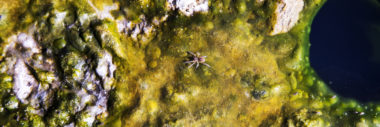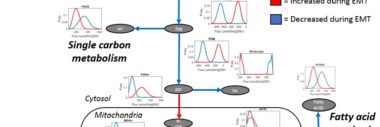Biotechnology
The convergence of light-emitting diode technology, photobioreactor design, algal biotechnology and low energy processing costs make biological fixation of carbondioxide into fine chemicals feasible.

The convergence of light-emitting diode technology, photobioreactor design, algal biotechnology and low energy processing costs make biological fixation of carbondioxide into fine chemicals feasible.

Metabolism is a foundational process in all living cells. The ability to metabolize is considered as one of the criteria for being considered a living organism. Metabolism is directly or indirectly involved in essentially all cellular functions

With the state of the annotation of the human genome, it is possible to perform an initial reconstruction of the metabolic network in Homo sapiens. This reconstruction opens opportunities for research in human physiology.
Molecular systems biology represents an interdisciplinary field. To operate in this field a practitioner needs to know the basic life science disciplines (biochemistry, genetics, cell biology, physiology, etc), the genomic and high- throughput sciences, bioinformatics (statistics, algorithms and large-scale data analysis), and engineering sciences (numerics, modeling and simulation). Thus a molecular systems biology program will need participation from the natural sciences, engineering and medicine.
The Center for Systems Biology at the University of Iceland is indeed such an interdisciplinary effort. The University of Iceland will be significantly impacted by the establishment and growth of the Center and it will nucleate new research and education.